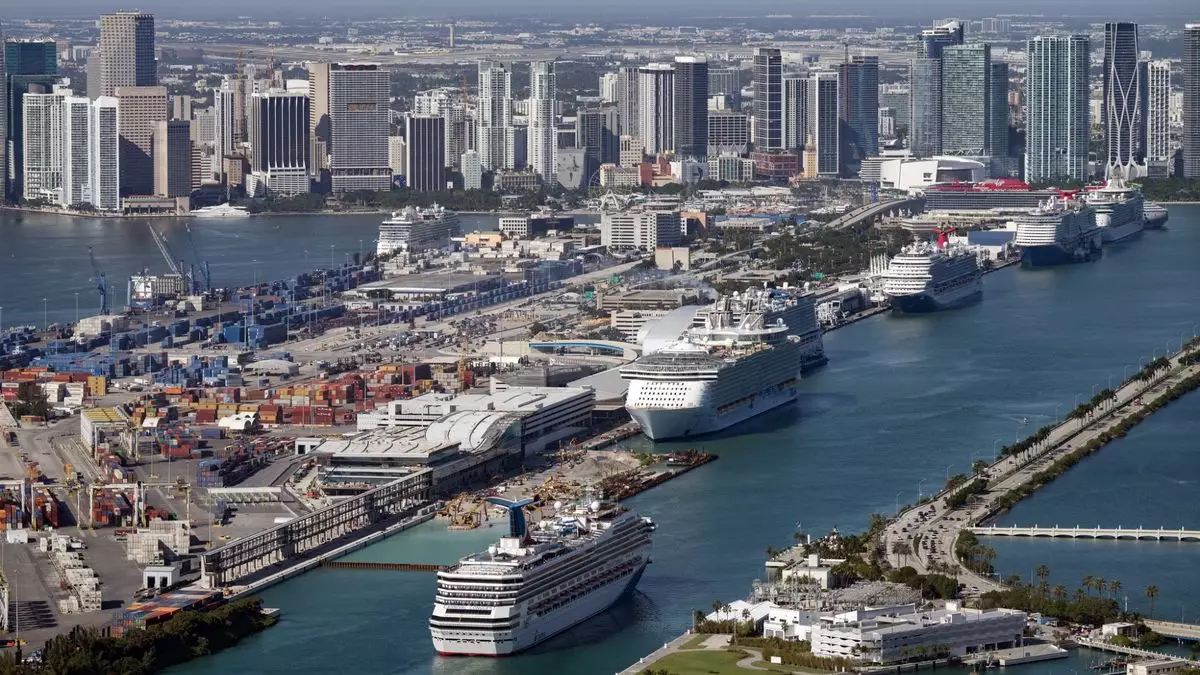On October 1, 2023, the International Longshoremen’s Association (ILA) initiated a strike that has since disrupted port operations along the vast stretch of the U.S. coastline, from Maine all the way to Texas. This collective action by port workers is aimed at negotiating better wages and addressing growing concerns over the impact of automation within the industry. Notably, the strike impacts a wide array of cargo operations, but the ILA has chosen to exempt cruise operations from this disruption, demonstrating a keen awareness of the broader economic implications for travelers and the tourism sector.
Preserving the Cruise Industry
In a move that has been recognized as both strategic and considerate, the ILA has vowed to continue servicing passenger cruise ships at all participating ports. Harold Daggett, the president of ILA, emphasized the importance of this decision, noting that many families invest substantial sums in advance for their cruise vacations, often planning these trips over a year ahead of time. The commitment to ensure that cruise operations proceed without interruption reflects an understanding of the significant emotional and financial investment made by passengers. By safeguarding these operations, the strike seeks to avoid backlash from a sector that thrives on consumer satisfaction and trust.
While cruise operations maintain momentum, the strike’s ramifications are expected to be significant in other areas. The suspension of cargo handling at 36 key ports along the Atlantic and Gulf Coast poses a serious risk of supply chain disruptions. Products ranging from groceries to automobiles may face delays if the strike extends beyond a few weeks. Already, analysts warn of potential shortages on grocery store shelves, which could affect everyday consumers. The ripple effects of such disruptions might lead to broader economic consequences, highlighting the precarious nature of supply chains in the face of labor disputes.
In a further indication of the ILA’s strategic priorities, the union has pledged to maintain operations involving U.S. military cargo. This decision illustrates a commitment to national security and underscores the importance of ensuring that military logistics are not compromised during the strike. By continuing to service military cargo, the ILA seeks to balance the need for labor rights with a responsibility to uphold critical operations that support national defense.
The ILA strike is a complex event that embodies a struggle between workers’ rights and the realities of business logistics. While the commitment to cruise ship operations helps mitigate immediate consumer inconvenience, the broader implications of halted cargo handling could lead to significant challenges in the supply chain. As the situation develops, it will be crucial for all stakeholders, including the union, businesses, and government agencies, to navigate the competing demands of labor negotiations and economic stability. The outcome of this strike may well set precedents for how labor strikes are handled in the context of modern automated industries and global supply chains.


Napsat komentář